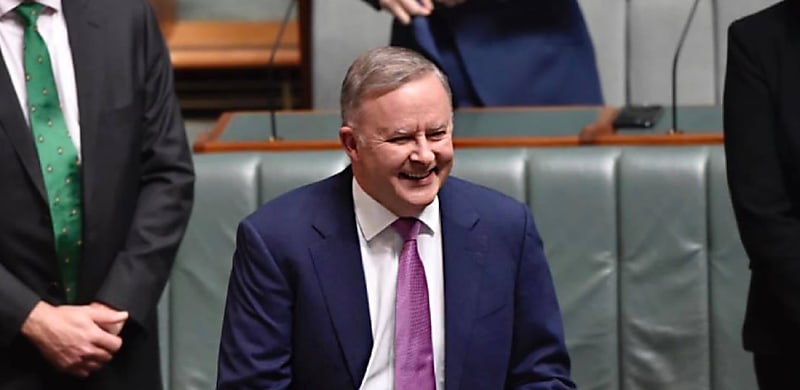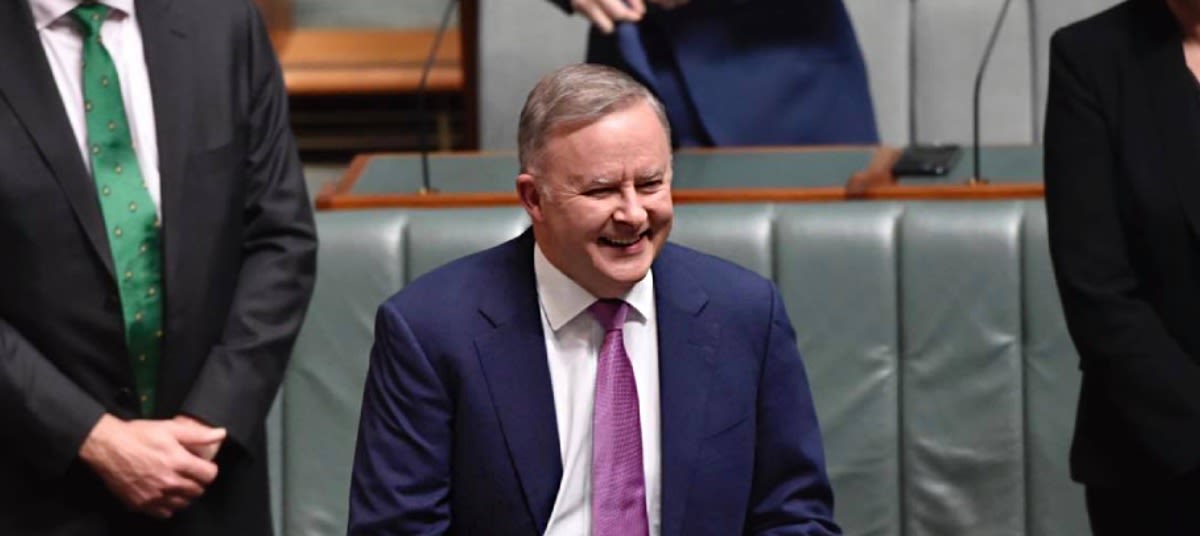
The Albanese government has committed to extending the $20,000 instant asset write-off for another year if it wins the upcoming federal election.
Prime Minister Anthony Albanese, federal treasurer Jim Chalmers, and Small Business Minister Julie Collins have announced that they will extend the $20,000 instant asset write-off if their party is in power following the election on 3 May.
In a joint announcement on Friday (4 April), the trio said that if the Labor Party is re-elected, small businesses would be able to immediately deduct the cost of eligible assets costing less than $20,000, provided they are first used or installed by 30 June 2026. The threshold applies per asset, meaning businesses can claim multiple purchases, including tools, office equipment, kitchen appliances, and technology.
Outlining the government’s commitment, the Labor Party’s statement said: “A re-elected Albanese Labor Government will help more Australian small businesses grow, invest and prosper by extending the $20,000 Instant Asset Write-Off for 12 months.
“This is about incentivising small businesses to invest in the equipment and kit they need to boost productivity, create more jobs and help them thrive.”
The move comes following strong criticisms of the Albanese government’s omission of the instant asset write-off extension in the recent budget for the financial year 2026.
Prior to the government’s announcement, the Coalition had strongly criticised Labor for not including the write-off extension in the federal budget, saying that it would fall to just $1,000 from 1 July 2025 unless further action was taken.
Opposition Leader Peter Dutton had therefore promised to make the write-off permanent, with a higher cap of $30,000 for businesses with an annual turnover of up to $10 million, if the Coalition was elected into power.
Deputy opposition leader and shadow minister for small and family business, Sussan Ley, had described Labor’s handling of the measure as “inexcusable.”
“In stripping back the Instant Asset Write Off last night, Labor has raised a new tax on small businesses at the worst possible time,” Ley said last week.
“Our iconic cafes and restaurants have been hammered by Labor’s high-cost economy, and we have lost one in ten hospitality businesses as a result. We cannot afford three more years of Labor.”
Shadow treasurer Angus Taylor echoed these criticisms, stressing the need for long-term certainty for small businesses.
“Australia’s small and family businesses are the lifeblood of our communities, but Labor’s Budget has abandoned them,” Taylor said.
“Making the Instant Asset Write-Off permanent means 98 per cent of businesses will no longer have to deal with depreciation schedules for investments under $30,000. This will free up cash for businesses to invest, take risks, and create jobs and opportunities for all Australians.
“We need more small businesses, and we need more small businesses growing into bigger employers.”
Several accounting bodies – including CPA Australia and CA ANZ – have welcomed the government’s pledge to extend the instant asset write-off but said that the measure remains too politicised, calling for long-term certainty for small businesses.
Gavan Ord, CPA Australia’s business investment lead, said: “We are pleased with the one-year extension, but this measure needs to be made permanent to encourage investment.”
Ord said that small businesses require long-term clarity, which would enable them to plan and invest confidently.
However, he said that without a permanent commitment, businesses could face a “politicised environment” every year, forcing them to wait for annual budget decisions.
Ord also highlighted the impact of global factors, such as the US tariff announcement, which could affect Australian small businesses’ investment decisions. He said that businesses might need to diversify their markets and invest in new equipment to stay competitive.
“In times of significant uncertainty, such as [Thursday’s] US tariff announcement, businesses need the next government to adopt a long-term approach to providing incentives to the SME sector,” Ord said.
Ord reiterated that the Coalition’s promise to make the write-off permanent at a higher cap of $30,000 would provide much-needed stability.
“This measure is important enough that we think it deserves bipartisan support rather than being a matter of politics and election sweeteners,” he said.
The instant asset write-off, introduced by the Coalition in the 2015 budget, has been extended on an annual basis, allowing small businesses to immediately write off investments in eligible assets rather than having to depreciate them over several years. The scheme has been credited with incentivising business investment, improving cash flow, and simplifying tax compliance.
However, there have been considerable delays in legislating the measure for the 2024–25 financial year, with Parliament only recently passing the extension after the bill was stymied in the House of Representatives following its introduction in November 2024.
Susan Franks, CA ANZ tax, superannuation, and financial services leader, said permanency would reduce red tape for business, government, and tax agents.
“We included making the instant asset write-off permanent in CA ANZ’s seven policy asks ahead of the 2025 federal election, and our pre-budget submissions, because it is a practical way to offer Australian small businesses improved financial security and certainty,” Franks said.
“Since 2015, the instant asset write-off initiative used by small businesses to claim a deduction for the cost of an asset has been clouded with uncertainty. It has been extended by governments in power at the time, again and again, often right before it’s due to expire.
“The promise of another 12-month extension continues access to a crucial cash-flow tool, but it doesn’t resolve the underlying issue of ongoing uncertainty for small businesses around this policy.
“The political debate about the instant asset write-off has moved on. Various independents and other parties are all calling for the instant asset write-off to become permanent. The debate is now focusing on the amount, which varies from $20,000, $30,000, and $50,000.”
[Related: Coalition pledges to ‘unlock’ financial sector’]

